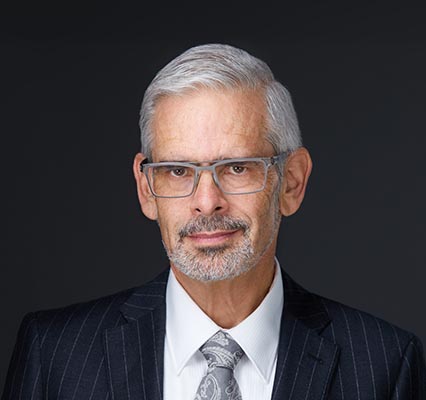Question: What do the results of the federal election mean for Alberta teachers?
Answer: As I am writing this, ballots in some very tight races are still being counted, but it appears that the Liberal party under the leadership of my fellow St. Francis Xavier High School alumnus Mark Carney will fall a few seats short of forming a majority government. This is a remarkable turn of fortunes for a party that was well on its way to electoral oblivion only four months ago.
The outcome of the federal election should have little direct impact on public education or teachers. The main reason for this is that, for a variety of historical reasons, the Constitution Act (previously the British North America Act) assigns responsibility for education to the provinces. As a result, Canada has been unique among the leading industrialized nations in not having a national education ministry or strategy. The Trump administration, though, seems determined to gut and eventually eliminate the United States Department of Education, so I expect our American friends will be joining us as an international outlier in this respect.
That said, the federal government still makes its presence felt in very specific ways in education. For example, the federal government has constitutional responsibility for Indigenous peoples and so funds education of schools operating under First Nations’ jurisdiction and will fund the education of students who have status under the Indian Act but who are attending schools under provincial jurisdiction. In some Alberta communities, the population of Indigenous students is significant and growing, and some of the issues the Association has raised about the adequacy of education funding in the provincial context are relevant to the federal government’s role and responsibilities. Though not strictly speaking education related, the federal government is also supporting Indigenous children with heath, social and enhanced education services in fulfilment of its obligations as established by the Canadian Human Rights Tribunal in its “Jordan’s Principle” ruling. Recently some school authorities that were accessing these funds have found that they are no longer deemed eligible to receive these funds and are now scrambling to maintain services for Indigenous students.
Another example of federal involvement of particular significance to Francophone school authorities is the Official Languages in Education Program (OLEP) which, in Alberta, funds French minority-language and second-language programs at the grade-school and post-secondary levels. The terms of OLEP funding are periodically negotiated between each of the provinces and the federal government. In the current school year, about $18.5 million in OLEP funds have been transferred to Alberta Education to support a variety of programs, including individual teacher bursaries and school authority programs.
Finally, there are smaller, boutique programs supported by the federal government. A recent example is the agreement between Alberta and the federal government announced on March 10 to enhance and expand school food programs in Alberta schools. The feds will provide $42 million over the next three years as part of the National School Food Program, which currently is serving 58,000 Alberta students.
There is nothing in the party platform that I could find that suggests that a Liberal government under Mark Carney (did I mention we went to the same high school?) will substantially change these programs, so I suspect the direct effect of the election will be to maintain the status quo.
The outcome of this election has the potential, however, to have a dramatic but indirect impact on education.
The defining question of the election centred on which party and leader would be best positioned to manage the unprecedented economic and security threat posed by the Trump administration. I cannot understate the extraordinary uncertainty Canada is facing in this historical moment or the magnitude of the stakes involved. The potential for a recession in Canada, the United States and worldwide, and the likely impact of such economic disruption on Alberta’s capacity and political will to maintain public services, could be devastating for public education and for teachers. Prime Minister Carney, former governor of the Bank of Canada, former governor of the Bank of England, investment banker, United Nations special envoy for climate action and finance, and fellow St. FX grad, will be sorely challenged to meet this threat. It is in our collective interest that, now elected, he should succeed.
I think too that this election could mark a watershed in Canadian politics. Many would agree with me that the quality of political discourse and culture in this country has been greatly diminished, especially over the last decade. As schools mirror the societies in which they operate, teachers see and must deal with the consequences of this larger social and political dysfunction in their schools. I hope that as political parties embark on reconstruction, as each will be required to do as a result of the outcome of this vote, they will take a long, hard look at our poisoned political environment, recognize their own responsibility for creating it, and make conscious efforts to foster a more positive, constructive and inviting civic culture.
Finally, the election results in Alberta will do nothing but embolden Danielle Smith’s United Conservative government. Once again, Albertans have demonstrated an overwhelming level of support for conservative hegemony, and our provincial government will take that as an endorsement of the full scope of its policy and agenda. While teachers have diverse political beliefs, there are some things that unite us — particularly when it comes to protecting student safety and dignity. We will have to continue to advocate for our students and ensure that we stand up for kids when they are placed at risk or when our capacity to provide them with the education they deserve is compromised by lack of resources or misguided policy.
Also, Go Rams! ❚
Questions for consideration in this column are welcome. Please address them to Dennis Theobald at dennis.theobald@ata.ab.ca.

ATA Executive Secretary


